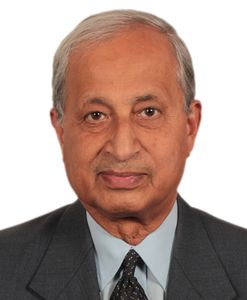It is a no-brainer that the pandemic has impacted the travel and hospitality sector worldwide. The Indian hospitality sector alone is looking at a revenue loss to the tune of Rs90,000 crore in 2020. Having said that, the industry is showing resilience, and is innovating constantly to ensure its survival and subsequent revival in a post-pandemic environment. Known globally for their high levels of service, Indian hotels are rapidly changing and evolving their business operations to meet the changing guest requirements in the new normal.
Customised service with a quality personal interface has been the guiding force in securing a high degree of customer satisfaction. This is in stark contrast to what is called for in the altered times that dictate minimal contact. How will the industry reinvent in the times of social distancing when it comes to providing accommodation, creating food and beverage experiences and conducting events. In my mind, the industry will do it effortlessly. An industry that has taught associates to smile while talking to the customers on the phone will quickly adapt. In fact, hotels already have changed, some with greater ease than others.
In the past, hotels have been using technology at the back end to support personalisation of services. The same technology will come to the front of the house and be more visible and, in fact, replace or minimise human contact while providing services. Apps help customers to self-check in and check out. Guests can view rooms remotely prior to booking/checking in. A repertoire of culinary experiences can be home delivered through mobile apps. QR codes can replace menus in guest rooms and restaurants. Bio-bubbles and corridors have been created for complete sanitisation. Hotels are making increased use of AI devices. They are integrating voice technologies like Amazon Echo and Google Home with their services to offer customers a wide range of services while dramatically reducing personal interactions.
Many hotel chains are also in the process of deploying digital technologies which will enable the increased use of interactive smart tables that can help guests to punch in their dining requirements, change table-top food presentations and pay the bills. AI-enabled technology will also aid access to guest history to facilitate personalised service.
Robotics, too, will help achieve a higher level of hygienic service. Technology savvy hotels are already in the process of automating standardised food production assembly lines on the lines of flight catering to promote reduced physical contact. There will be an increased proliferation of digital display technologies. RFID badges and augmented and virtual reality-based product and service displays will replace talking. ‘Socially distant service’ and ‘minimal contact service’ are the new mantras for the industry.
Madan Prasad Bezbaruah is former secretary, ministry of tourism, and secretary general, Hotel Association of India


